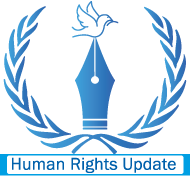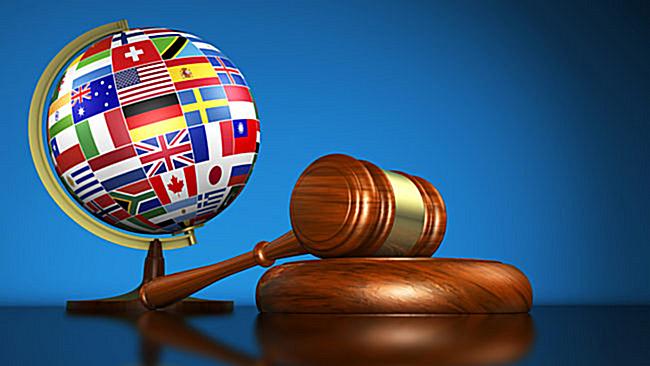The EU’s foreign ministers have agreed to call a bilateral council meeting with Israel to discuss the country’s compliance with its human rights obligations under the EU-Israel Association Agreement.
The request comes amid fears that Israel is violating an International Court of Justice ruling ordering it to stop its military offensive against Rafah, just days after more than 40 Palestinians died in an airstrike.
Initially lodged by Spain and Ireland in February, the request had not received sufficient backing until Monday’s meeting of the bloc’s 27 foreign affairs ministers.
The decision to hold such a meeting represents a first step towards the EU possibly adopting retaliatory measures against Israeli Prime Minister Benjamin Netanyahu’s government for its conduct of the war in Gaza. It offers an opportunity for the bloc to question Israeli officials about their country’s compliance with the ICJ ruling issued on Friday and potential breaches of human rights and international law.
A review of the agreement may lead to its suspension, requiring unanimous backing from all EU member states. However, this remains unlikely, as countries like Germany, Hungary, and the Czech Republic have been hesitant to adopt language that may appear critical of Israel.
“Member states have a consensus for calling for the association council, so the necessary procedures will be made to extend invitations and have preparatory discussions,” foreign affairs and security spokesperson Peter Stano told reporters on Tuesday.
There is “hope the Israeli side will accept the invitation sooner rather than later because issues the member states want to discuss with Israel are quite urgent,” said Mr. Stano.
A suspension of the agreement would be a significant blow to Israel, as the EU is its first trading partner. Israeli goods have preferential access to the EU under the EU-Israel Association Agreement, signed in 2000. Article 2 of the agreement stipulates that the deal is “based on respect for human rights and democratic principles.”
The last association council meeting was held in 2022 for the first time in ten years under the previous Israeli government led by Yair Lapid. Delays between meetings were caused by disagreements among EU countries, with some, viewed as more pro-Palestinian, insisting that meetings should only take place in parallel with meetings with Palestinian officials.
Josep Borrell, the EU foreign affairs high representative, told reporters after Monday’s meeting that the “necessary unanimity” had been found to call for a council meeting with Israel. He stated the aim would be “to discuss the respect for human rights under the obligations that Israel has assumed under the association council and how they plan to implement the ruling of the [ICJ] court.”






